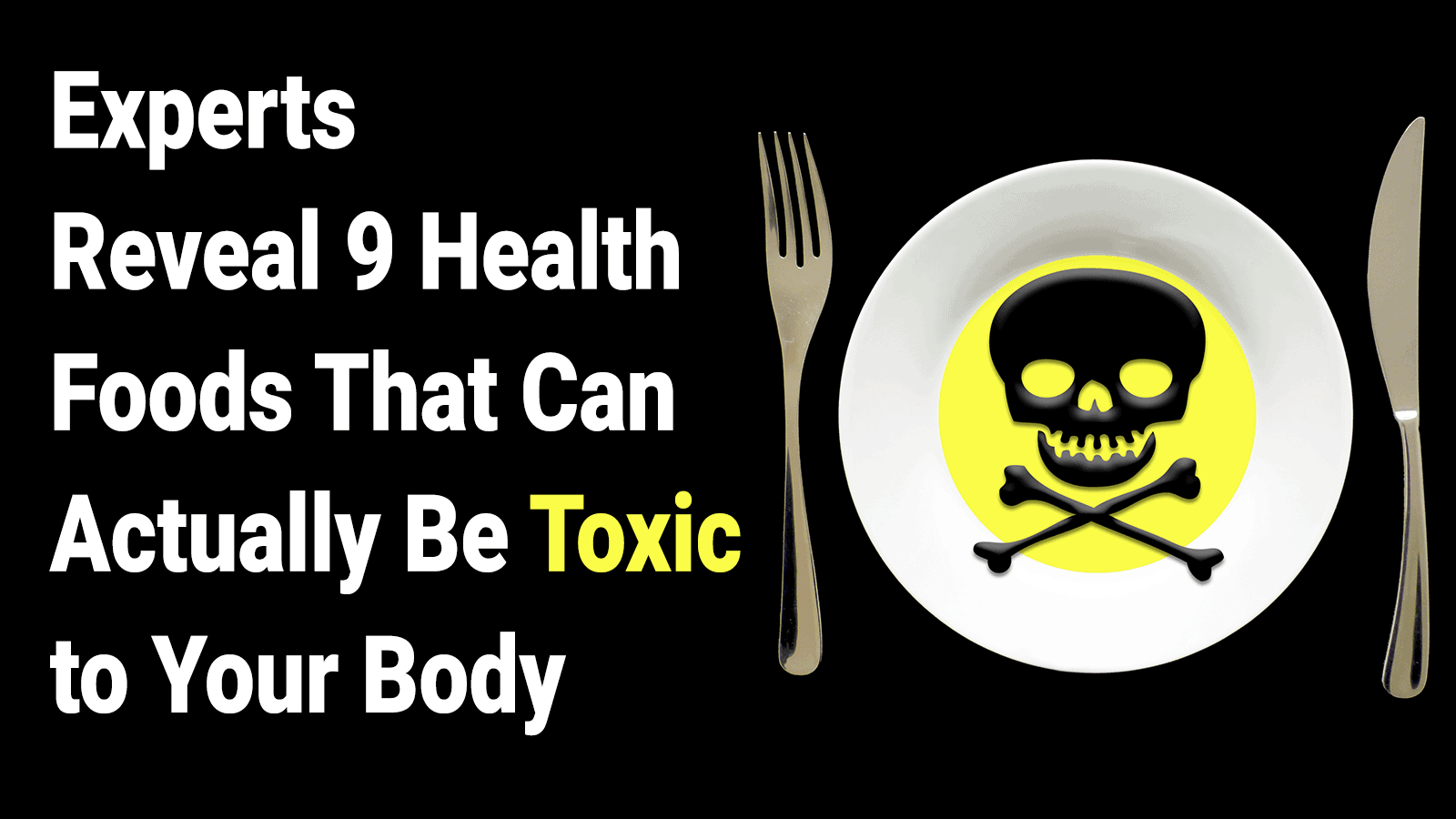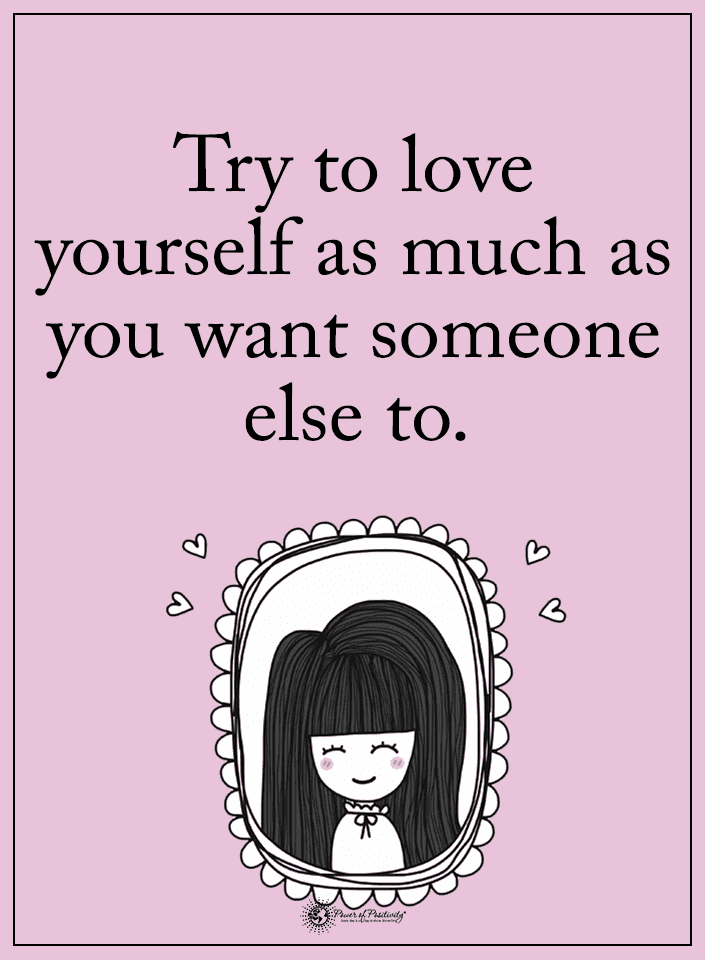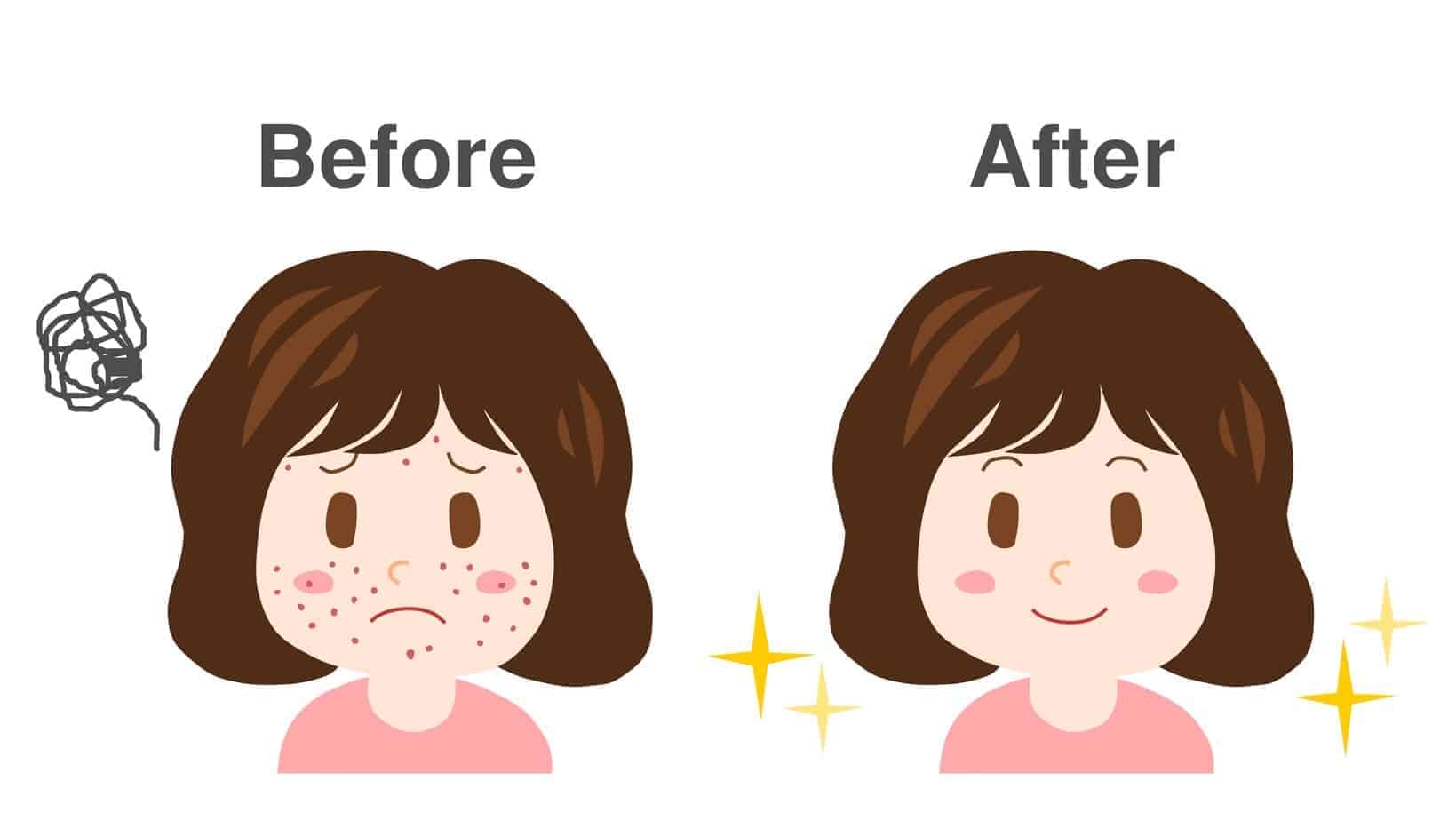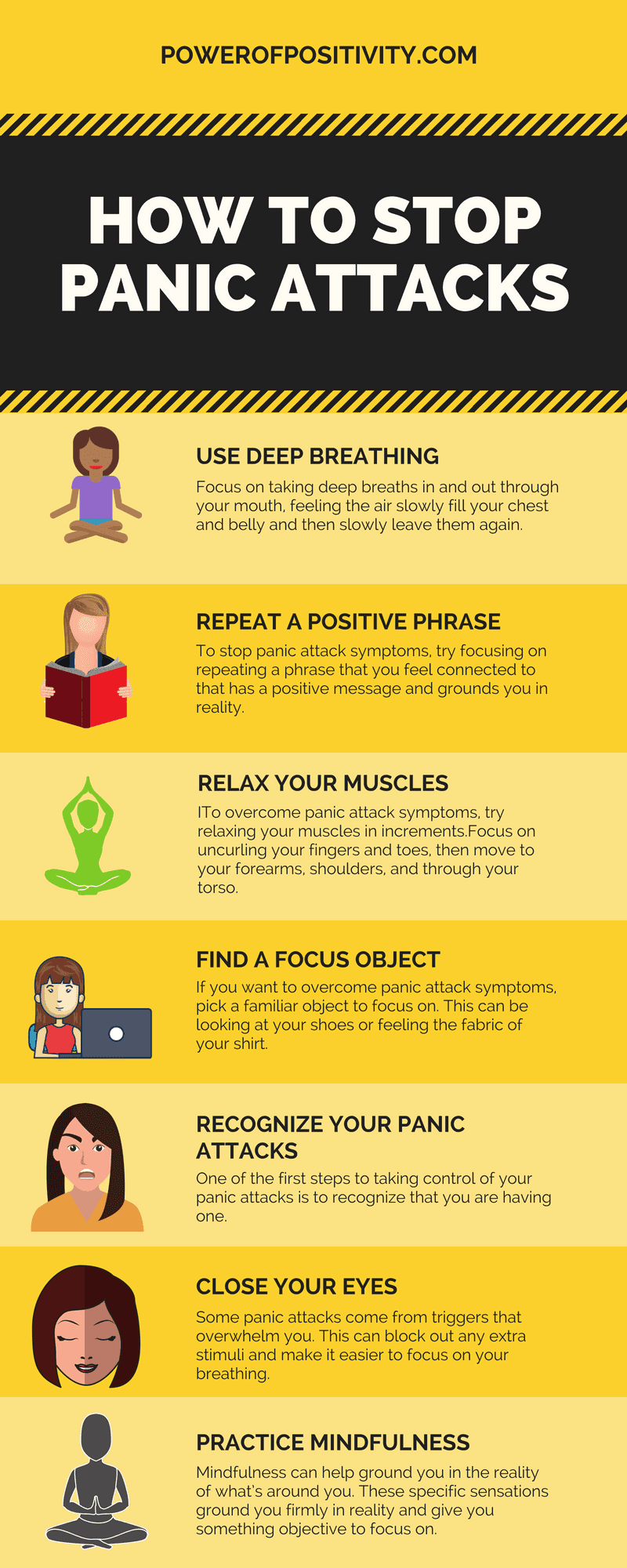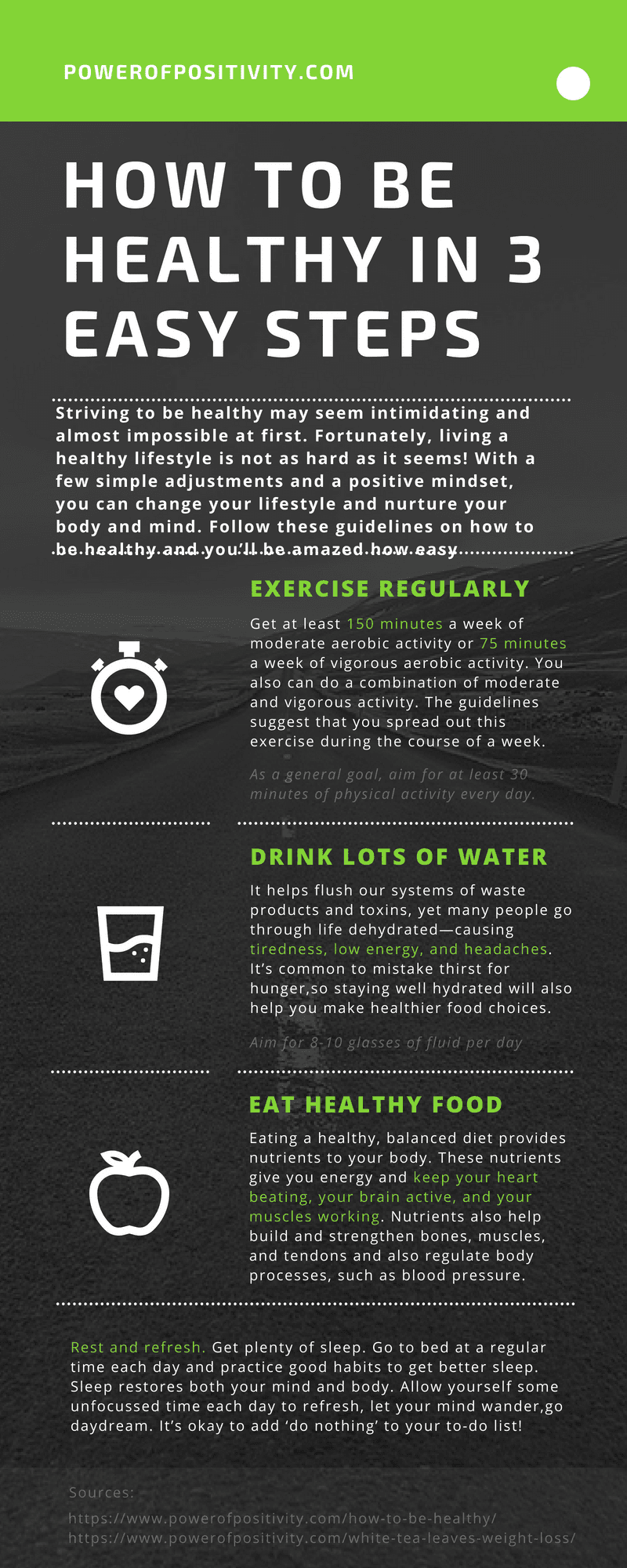Though fats have gotten a bad name over the years, the fact is few living things would be alive without them. There are essential fatty acids that the body doesn’t make and must come from the diet. Fat makes up the membranes of cells, insulates internal organs, regulates body temperature, makes skin and hair soft and supple, helps the body use fat soluble vitamins and provides fuel during lean times. What’s bad about fat is that too many people eat too much of it, or they eat too much of the “wrong” kind of fat. But it’s not really our fault. Fat makes foods taste even better than they do anyway, and they are everywhere, at least in the United States. The consequences of this are explosions in the rates of cardiovascular disease, type 2 diabetes and obesity.
Facts About Saturated vs Unsaturated Fat
There are two main types of fat. One is unsaturated, and the other is saturated. These are further broken down into subgroups.
Unsaturated fats can be monounsaturated fats or polyunsaturated fats. Technically, this has to do with whether the bonds in the long chains of carbon that help to make up fats are completely filled, or saturated with hydrogen molecules. If the carbons can stand to be attached to more hydrogen atoms, it is an unsaturated fat.
When people eat these fats in moderation instead of saturated fats, the levels of “bad,” or LDL cholesterol goes down. This is the cholesterol that helps to form plaque on the walls of arteries ad contributes to cardiovascular disease. Polyunsaturated fats tend to be found in vegetable oils, though one type of important fat, the omega-3 fatty acids, are found in cold water fish and fish liver oil as well as the oil pressed from flaxseeds. Monounsaturated fats such as olive and canola oil also help to lower the risk of heart disease. They’re found in other foods such as avocados and many varieties of nuts and seeds and have good amounts of vitamin E. Vitamin E is an antioxidant that protects the body from damage by free radical molecules.
Most animal fats such as lard or tallow are saturated fats. Even some vegetable fats, such as coconut and palm kernel oil are saturated fats. These fats have a higher melting point than unsaturated fat, so they tend to be solid at room temperature. Ingesting too much saturated fat and trans fat can boost LDL cholesterol levels, which can put a person at greater risk for cardiovascular disease. When it comes to saturated vs unsaturated fat, nutritionists recommend that saturated fats be no greater than 10 percent of the total calorie count a person has every day, though organizations such as the American Heart Association recommend that saturated fats be kept at even lower levels. The AHA recommends no more than 7 percent saturated fat in a person’s total calorie count.
Not only do saturated fats increase the risk of heart disease, but they might even increase the risk of prostate and colon cancer.
Trans fats can be especially devastating to health. Indeed, in 2015 the Food and Drug Administration determined that trans fats are so dangerous that they were simply not safe to eat and should be phased out.
Trans fats can be natural or synthetic. They are naturally found in meat and dairy products but in small amounts. The synthetic kind occur when oils that are usually liquid at room temperate are partially hydrogenated to make them solid. Hydrogenation means that hydrogen has been added to these fats, and transfats are often found in snacks and store-bought desserts.
What Can Be Done?
One way to win the battle of saturated vs unsaturated fat is to cut down on saturated fats and replace them with unsaturated fats. For example, instead of using butter to cook, a person can use olive, canola or another oil that contains unsaturated fat. They can replace that tub of ice cream with a container of Greek yogurt, and swap out those processed snack foods with fruits, nuts and veggies.
It’s also important to read the labels on foodstuffs before they’re brought to the checkout counter at the grocery store. Be wary of packages that proclaim “Reduced Fat,” on the cover. The label may reveal that the fat that has been cut out has been replaced by carbohydrates and sugars, which may be even worse than the fat.
The problem of saturated vs unsaturated fat does not have to be daunting or condemn a person to a life of tasteless silage. It’s surprisingly fun figuring out new ways to plan and enjoy healthier meals that are low in saturated fat.
https://youtu.be/yG-G9_LOkLA

